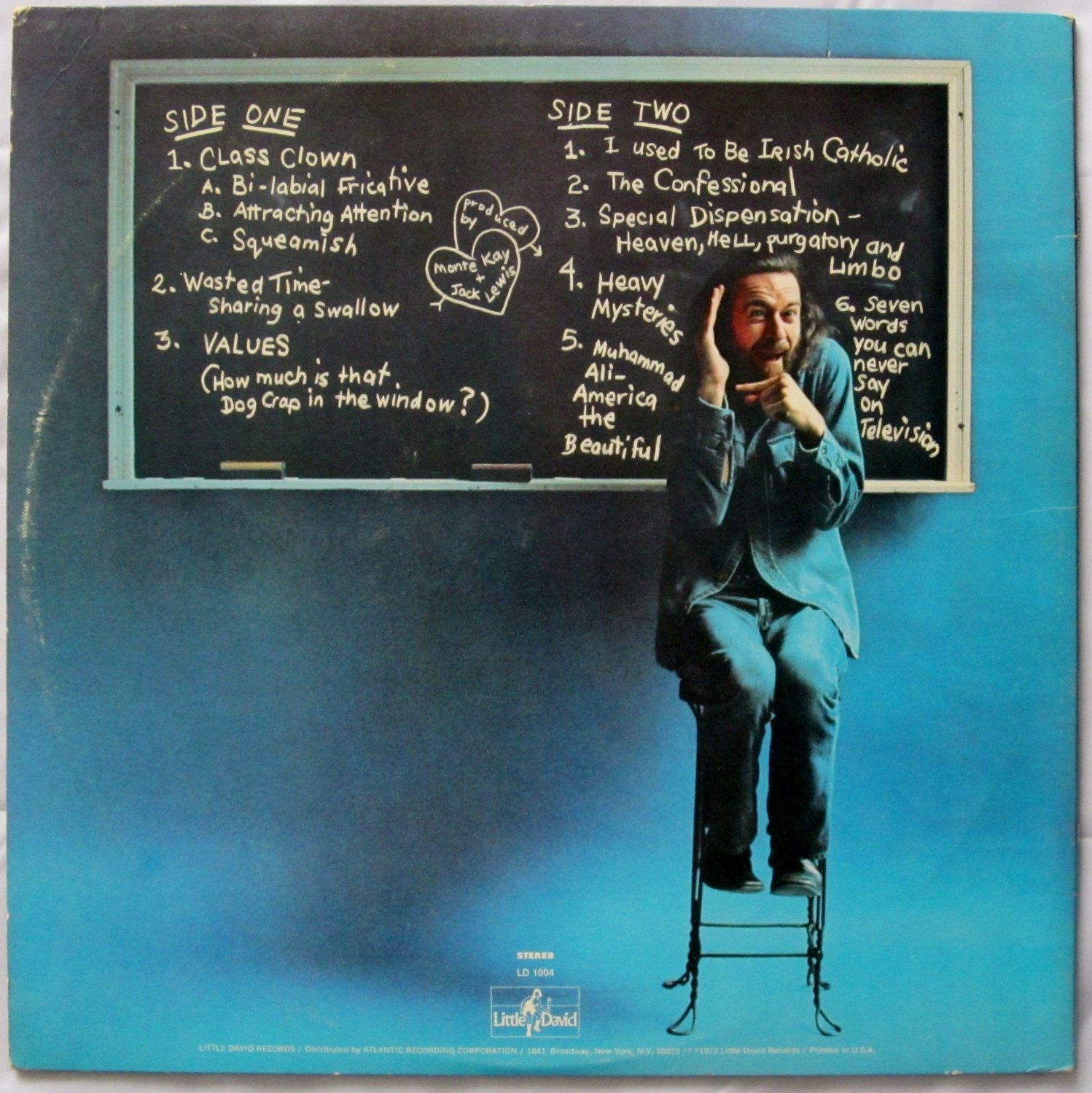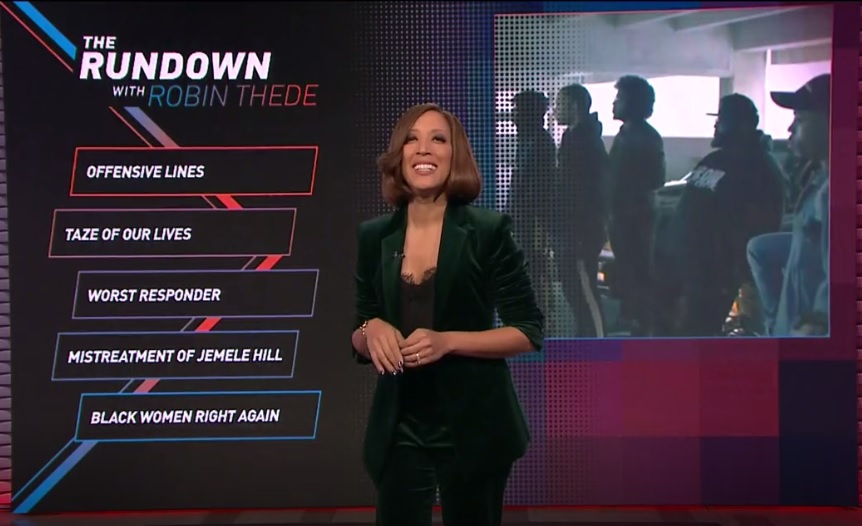The Library of Congress picked George Carlin’s seminal 1972 comedy album, “Class Clown,” as one of its 25 annual selections to add to the National Recording Registry.
Among the others: Santana’s 1970 album “Abraxas,” two blues numbers from the 1920s (Clarence Williams’ 1923 “Wild Cat Blues” and Blind Willie McTell’s 1928 “Statesboro Blues”), Julie London’s 1955 recording of “Cry Me A River,” George Marshall’s 1947 speech outlining the Marshall Plan to restore Europe following World War II, saxophonist John Coltrane’s 1964 oeuvre “A Love Supreme,” Merle Haggard’s 1968 song “Mama Tried,” Clifton Chenier’s 1976 Zydeco album “Bogalusa Boogie,” Buffy Sainte-Marie’s 1964 album “It’s My Way,” and Metallica’s 1986 takeoff from its thrash-metal roots, “Master of Puppets.”
“These recordings, by a wide range of artists in many genres of music and in spoken word, will be preserved for future listeners,” Acting Librarian of Congress David S. Mao said. “This collection of blues, jazz, rock, country and classical recordings, interspersed with important recordings of sporting events, speeches, radio shows and comedy, helps safeguard the record of what we’ve done and who we are.”
The registry now counts 450 recordings. That’s from the Library’s entire recorded-sound collection of more than 3 million, selected thanks to the National Recording Preservation Act of 2000 as “culturally, historically, or aesthetically significant.”
Here’s the Library of Congress description for Carlin’s “Class Clown”
In the late 1960s, George Carlin stepped back from a successful career as a mainstream stand-up comedian and reinvented himself with a much funnier, but far riskier, countercultural style. “Class Clown” was the second album of this phase of his career, and contained his “Seven Words You Can Never Say On Television” routine, a discourse not only on those words and their power to offend, but also on the varieties and vagaries of the English language itself. At the time of the album’s release, Carlin had actually been arrested on a charge of obscenity for a live performance of this routine, though the charges were ultimately dropped—yet those words still cannot be spoken on broadcast television.
The Library is currently accepting nominations for the next registry at the NRPB website.





An all-time favorite. This makes me happy.